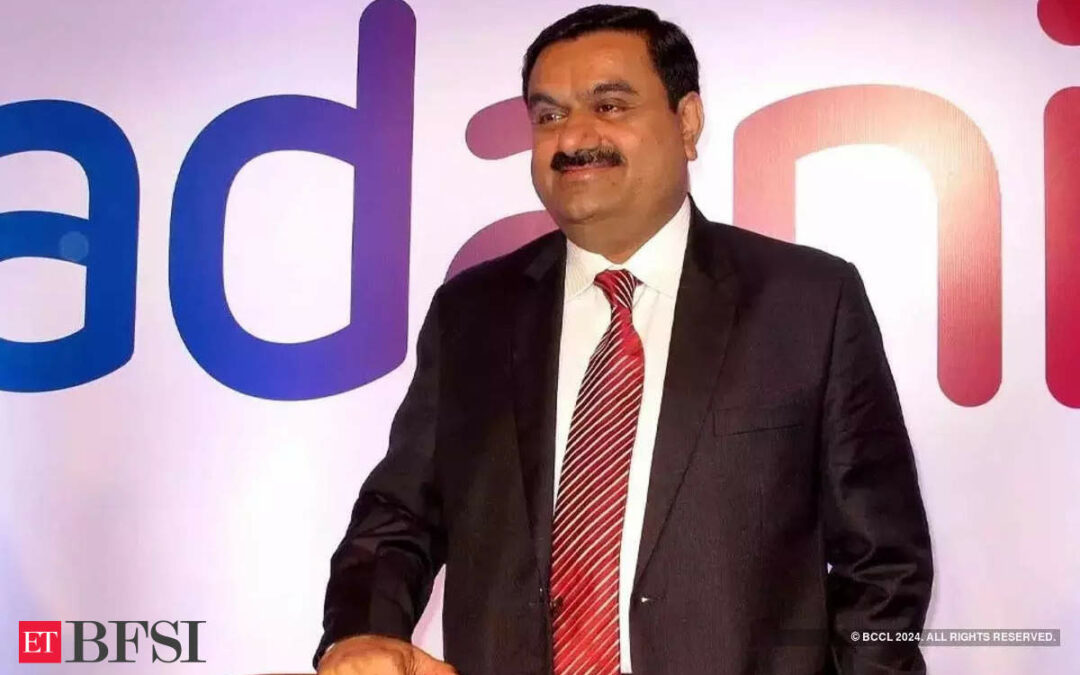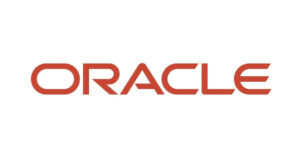Adani Group has sufficient liquidity and operational cash flows to meet its debt obligations and committed capital expenditures, rating agency CRISIL Ratings on Friday. It also noted that lenders and investors have not taken any adverse actions following the US indictment of group founder chairman Gautam Adani.
The Adani Group has the flexibility to curtail certain discretionary capital expenditures depending on financial market developments and future capital availability, CRISIL highlighted in its bulletin. It further stated that the group’s robust Ebitda and cash balance reduce its dependence on external debt to sustain operations.
Sustained buying in Adani Group stocks over the last three trading sessions has helped investors recoup most of their losses. The combined market capitalization of all 11 listed Adani entities stood at ₹1.37 lakh crore on Thursday afternoon. A further rally of ₹60,000 crore would fully offset the losses investors faced on November 21.
The market capitalization of Adani Group stocks plummeted by as much as ₹2.2 lakh crore after the United States Department of Justice and the US Securities and Exchange Commission (SEC) filed an indictment and a civil complaint in a US court on November 20.
On November 20, 2024, the United States Department of Justice and the US Securities and Exchange Commission (SEC) filed an indictment and a civil complaint, respectively, against Gautam Adani, Sagar Adani, and Vneet Jaain in the United States District Court for the Eastern District of New York.
The charges allege securities fraud, wire fraud, and violations of SEC guidelines, leading to “materially false and misleading statements in the bond offering documents of AGEL regarding anti-bribery and anti-corruption policies.”
“CRISIL Ratings has taken note of these developments and their likely impact on the financial flexibility of the group, including the fall in the market capitalisation of the listed companies of the group, movement in bond yields, and calling off the USD 600 million bond offering of AGEL,” the agency said.
The agency rates Adani Group’s infrastructure and holding entities.
“These ratings are driven largely by the strength of their business and financial risk profiles. They, inter alia, factor in the steadiness of cash flows, the infrastructure nature of assets with long concession periods, and extent of cash flow cushions,” it said.
In some cases, the ratings also consider the flexibility available to these entities through their association with the larger Adani Group, which is a leading infrastructure conglomerate in India.
“The Adani Group reported a healthy Ebitda (earnings before interest, taxes, depreciation, and amortisation) of Rs 82,917 crore for fiscal 2024 with a net debt-to-Ebitda ratio of 2.19 times.
“Cash balance was over Rs 53,000 crore across 8 listed operating entities as of September 2024 against long-term debt maturities of Rs 27,500 crore; and go-to market/construction facility of Rs 8,919 crore during October-March fiscal 2025 and Rs 2,137 crore during fiscal 2026,” CRISIL added.
Based on feedback from the management and select lenders, “CRISIL Ratings understands that these developments have not led to any negative actions so far by lenders/investors, such as acceleration of debt repayment or spread resets,” the agency said.
“Further, we understand the Adani Group has the flexibility to reduce certain discretionary capital expenditure (capex) depending on developments in financial markets and future capital availability,” it noted, adding that all outstanding ratings remain under continuous surveillance.
The matter is sub judice, and “Adani Group has sufficient liquidity and operational cash flows to meet debt obligation and committed capex plans over the medium-term,” CRISIL stated.
The rating agency also cautioned that any adverse regulatory, judicial, or government action could aggravate the situation. “Thus, these actions will be monitored. Further, any fall-out of developments restricting the Adani Group’s access to domestic and international capital and hampering its ability to refinance upcoming bullet repayments as well as a significant increase in its cost of financing will also be key monitorables.”
(with PTI inputs)










